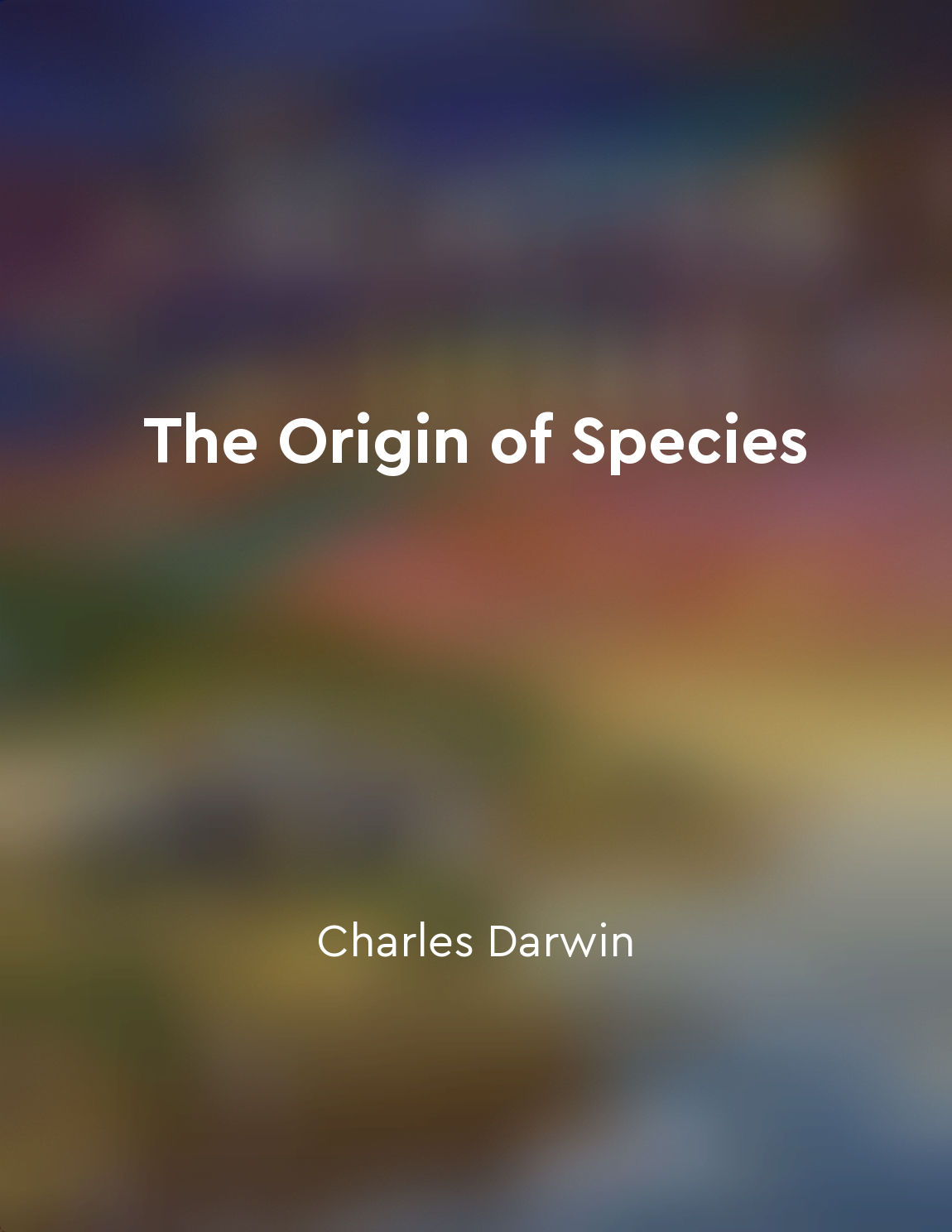Audio available in app
Parental investment theory explains differences in mating strategies from "summary" of The Evolution of Desire by David M. Buss
Parental investment theory sheds light on the various mating strategies adopted by individuals. According to this theory, the amount of time, energy, and resources that each sex invests in offspring significantly impacts their mating strategies. Generally, females invest more in offspring due to the physiological costs associated with pregnancy and nursing. As a result, females are more selective when choosing a mate, as they seek partners who can provide resources and protection for their offspring. On the other hand, males typically invest less in offspring compared to females. This asymmetry in parental investment leads to differences in mating strategies between the sexes. Men tend to pursue a quantity-oriented mating strategy, seeking to mate with multiple partners to maximize their reproductive success. In contrast, women are more inclined towards a quality-oriented mati...Similar Posts
Cognitive development varies between boys and girls
Cognitive development in children is a complex and multifaceted process that involves the growth and maturation of various ment...
Online behavior can predict realworld outcomes
The idea that online behavior can predict real-world outcomes may seem like a novel concept, but in reality, it is a reflection...
Friendliness enhances communication and understanding
Friendliness is a powerful tool that can be used to enhance communication and understanding between individuals. When we approa...
Each theory offers a different approach to understanding love
Love is a complex and multifaceted emotion that has intrigued philosophers, scientists, and poets for centuries. In "Love Theor...
Animals are vessels for gene transmission
The genes that survive are the ones that are good at preserving themselves in the gene pool. One way they achieve this is by bu...
Humans have a natural inclination towards altruism
Kenneth R. Miller makes a compelling argument that humans are naturally inclined towards altruism. He suggests that our genetic...
Cultural evolution complements biological evolution
The development of human culture has been closely intertwined with biological evolution. As humans evolved, they also developed...
Meditation can increase emotional intelligence
The practice of meditation has been shown to have a profound impact on emotional intelligence. By training the mind to focus on...

Death is a natural part of the life cycle
In the grand scheme of life, death is an inevitable occurrence that plays a crucial role in the cycle of existence. The concept...

Fossils provide evidence of evolutionary history
Fossils, as preserved remains of ancient organisms, are invaluable sources of information when it comes to understanding the hi...
